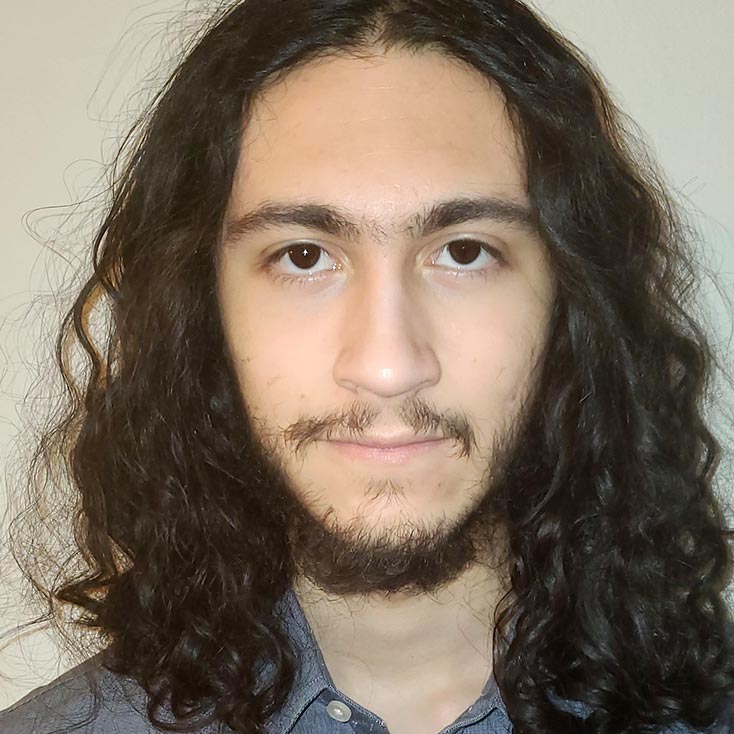
Sebastian Perez
Tell us about your first encounter with MIT's OME Office.
My first encounter was during the pre-orientation period of my freshman year. I had been planning to go to one of the OME mixers that evening, but was so unbelievably drained by having taken my swim test that day that I overslept and arrived as it was ending. Still, Dean Crayton was there to chat afterwards and introduce me to Devan Monroe. I've gotten to know both of them a lot better since that day, but that's when it all started.
What were your initial impressions?
My initial impressions were that the OME was a very caring community and a voice for minority students on campus.
Did those impressions change over time?
Going off of that, while my initial impressions largely remained, I also learned over time that the OME is a well-oiled machine, doling out resources to minority students with excellent efficiency. It is an excellent and diverse resource with a broad range of options for any minority student willing to take advantage of it.
What programs did you take part in, and how were they helpful?
The program I have engaged with the most has been The Standard. The Standard is helpful in a variety of ways, both in terms of fostering community, professional development, and allowing you to connect with faculty and program staff in new ways. It has been a great tool for facing the MIT journey. I've also taken a position on its executive board for this school year, and I look forward to working with my colleagues to try and implement some of the ideas and initiatives we've had.
What was your most memorable or valuable experience with OME?
The most memorable experience for me has definitely been the retreat that all Standard members go on every year. It's such an interesting change of pace and setting, and helped me loosen up and get to know my fellow program members. It was a great mix of formal workshops and informal socializing.
If you had to describe OME with one word, what would it be?
Perhaps a bit unconventional, but I would go with wide-ranging.
After graduation what are your plans?
I'm currently torn between industry and graduate school. I think either one would be interesting and I hope to decide by the end of my time here at MIT. For graduate school, I lean towards applied mathematics. For industry, quantitative finance seems like the type of work and community that I would enjoy the most.